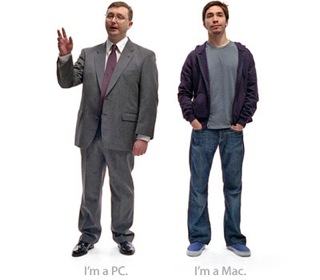Nick Mathiason and I collaborated on a piece about a corporate corporate succession problem even more intriguing than that currently obsessing the board of BP — namely what happens when Steve Jobs finally decides to spend more time with his money. Sample:
Microsoft without Bill Gates seemed unthinkable until last month when he announced he was stepping down. In retrospect, we can see that a good deal of planning went into it. First he split his role into two and made Steve Ballmer chief executive, taking the software overlordship for himself. Then he brought in Ray Ozzie to be groomed for the software role over two years. And finally, he has choreographed his exit so that it takes place over a two-year period. The result: a decision that would once have sent the share price through the floor has been received with little disruption.
There’s no equivalent to Ballmer or Ozzie at Apple. Or, if there is, the public has never seen them. Whenever there is a spotlight on Apple, Jobs is in the centre of the beam. His regular keynote speeches at Mac Expos are more like rock concerts than corporate events. If there are cool new products to be unveiled, the chairman is the one who does the demos. ‘He’s absolutely integral to the success of company,’ said Conrad Roeber, partner at media consultancy Mediatique.
Jobs’s identification with Apple is, if anything, more fascinating than Gates’s with Microsoft, because Jobs was expelled by a 1980s boardroom coup from the company he co-founded in 1976. In those early days, Apple was a fantastically innovative, off-beat company with a counter-cultural corporate ethic. A celebrated Silicon Valley joke asked: ‘What’s the difference between Apple and the Boy Scouts?’ Answer: ‘The Boy Scouts have adult supervision.’..


